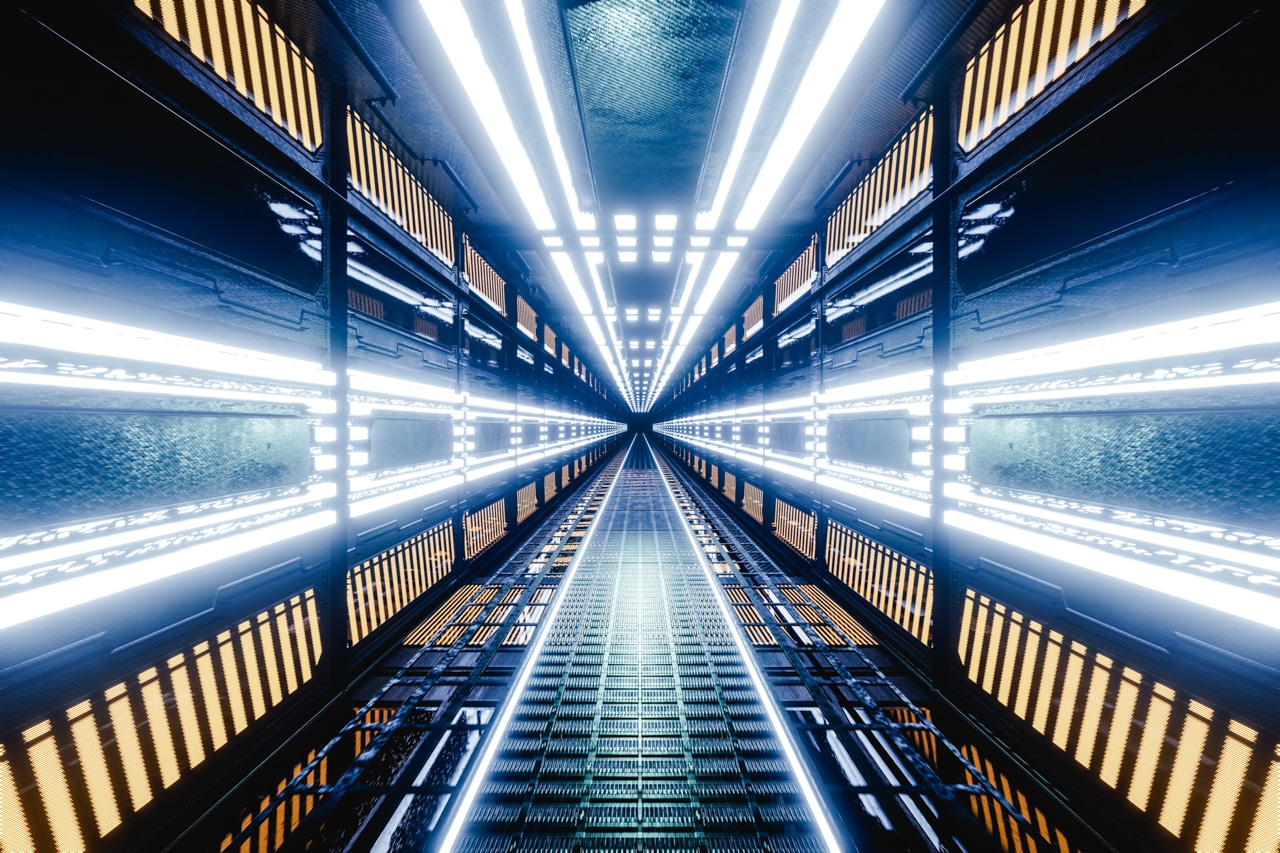15 Sep 2023
Integrating Smart Tech Into Buildings
Explore the fascinating world of integrating smart tech into buildings, revolutionizing how we live, work, and interact. Discover the benefits, challenges, and the endless possibilities that await in this comprehensive guide.

Introduction
Welcome to the future of construction and urban living! Integrating smart technology into buildings has become a game-changer, transforming traditional spaces into futuristic, efficient, and sustainable environments. From homes to commercial complexes, this trend is rapidly reshaping our cities and the way we interact with our surroundings. In this article, we’ll delve into the exciting realm of smart technology integration, explore its various aspects, and highlight the enormous potential it holds for the future.
Embracing the Revolution: What is Smart Tech Integration?
Integrating Smart Tech Into Buildings refers to the incorporation of advanced technologies into the design, construction, and management of buildings, with the goal of enhancing their functionality, energy efficiency, safety, and overall user experience. This approach employs Internet of Things (IoT) devices, artificial intelligence, automation, and data analytics to create intelligent, interconnected environments that adapt and respond to human needs seamlessly.
The Role of IoT in Smart Building Integration
The Internet of Things (IoT) serves as the backbone of smart tech integration in buildings. IoT devices, equipped with sensors and actuators, collect and exchange data, enabling buildings to function intelligently. LSI Keywords: Smart Building Management, IoT in Construction, Building Automation.
Creating Sustainable Living Spaces
Smart technology plays a pivotal role in creating sustainable living spaces. By optimizing energy consumption, managing waste more effectively, and encouraging eco-friendly practices, integrated smart buildings significantly reduce their environmental footprint. LSI Keywords: Green Building Technologies, Sustainable Architecture.
Enhancing Energy Efficiency with Smart Systems
One of the primary benefits of integrating smart tech into buildings is the unparalleled improvement in energy efficiency. Smart lighting, automated HVAC systems, and intelligent power management contribute to reduced energy consumption and lower utility costs. LSI Keywords: Energy-Efficient Buildings, Smart HVAC Solutions.
The Future of Connectivity: 5G and Beyond
With the advent of 5G technology, the potential for seamless connectivity in smart buildings has reached new heights. Faster data transfer, lower latency, and increased device connectivity open doors to innovative applications, further enhancing user experiences. LSI Keywords: 5G and Smart Buildings, Connectivity in Smart Cities.
Securing Smart Buildings: Cybersecurity Challenges
As technology becomes more integrated, the issue of cybersecurity becomes paramount. Smart buildings are vulnerable to cyber threats, making robust security protocols and encryption crucial for safeguarding sensitive data and ensuring user privacy. LSI Keywords: Cybersecurity for Smart Buildings, Protecting IoT Devices.
The Evolution of AI and Machine Learning in Smart Buildings
Artificial Intelligence (AI) and Machine Learning (ML) are instrumental in making smart buildings smarter. These technologies analyze data patterns, optimize operations, and enable predictive maintenance, ultimately enhancing building performance and user comfort. LSI Keywords: AI-Powered Smart Buildings, ML in Building Management.
Smart Homes: Redefining Modern Living
The integration of smart tech is not limited to commercial spaces; it has also revolutionized residential living. Smart homes offer a host of benefits, from automated lighting and smart security to voice-controlled assistants, making everyday tasks more convenient and enjoyable. LSI Keywords: Home Automation Systems, Smart Home Devices.
Transforming Workspaces: The Rise of Smart Offices
Smart offices are reshaping the way we work. From intelligent meeting rooms that automatically adjust lighting and temperature to data-driven insights that optimize space utilization, integrated technology is boosting productivity and employee satisfaction. LSI Keywords: Office Automation, Productive Workspaces.
Urban Planning and Smart Cities: The Bigger Picture
The integration of smart tech extends beyond individual buildings; it extends to urban planning and the creation of smart cities. These interconnected metropolises leverage technology to improve public services, optimize transportation, and enhance overall city livability. LSI Keywords: Smart City Infrastructure, Urban Development.
Leveraging Big Data for Smarter Decisions
Data-driven decision-making is at the core of smart tech integration. Collecting and analyzing vast amounts of data from various sensors and systems empowers building managers to optimize operations, reduce costs, and enhance user experiences. LSI Keywords: Data Analytics in Smart Buildings, Big Data Management.
Overcoming Challenges in Smart Tech Integration
While the potential benefits of integrating smart tech into buildings are immense, this transformation is not without its challenges. From high initial costs and interoperability issues to data privacy concerns, stakeholders must address these obstacles to ensure a successful transition. LSI Keywords: Challenges in Smart Building Integration, Overcoming Implementation Hurdles.
Human-Centric Design: Prioritizing User Experience
Amid the technological advancements, human-centric design remains paramount. Ensuring that smart buildings prioritize user needs, comfort, and accessibility is crucial to foster a positive and inclusive living and working environment. LSI Keywords: User-Centric Smart Buildings, Designing for People.
From Concept to Reality: Smart Tech Integration in Construction
Implementing smart tech integration begins at the construction phase. Builders and architects must collaborate to incorporate the necessary infrastructure and technologies to support the building’s smart capabilities seamlessly. LSI Keywords: Construction Technology Trends, Smart Building Design.
The Impact of Smart Tech on Real Estate
The integration of smart technology is revolutionizing the real estate industry. Smart buildings attract tenants seeking advanced amenities and sustainability, influencing property values and the demand for more intelligent spaces. LSI Keywords: Smart Real Estate, Future of Property Market.
Retrofitting Existing Buildings for Smart Integration
Integrating smart tech into existing structures presents unique challenges. Retrofitting solutions involve upgrading outdated systems with smart technology to improve functionality, energy efficiency, and user experiences. LSI Keywords: Smart Building Retrofits, Upgrading Old Infrastructure.
Sustainability and Green Certifications for Smart Buildings
As the world embraces sustainable practices, green certifications play a crucial role in verifying a building’s environmental impact. Many smart buildings seek certifications like LEED and BREEAM to demonstrate their commitment to sustainability. LSI Keywords: Green Building Certifications, Eco-Friendly Smart Buildings.
The Role of Governments in Promoting Smart Building Initiatives
Governments worldwide are actively promoting smart building initiatives through incentives, regulations, and policies. These initiatives aim to accelerate the adoption of integrated smart technology and create more sustainable cities. LSI Keywords: Government Support for Smart Cities, Smart Building Incentives.
The Future Outlook: Beyond Smart Tech Integration
The integration of smart technology is just the beginning. The future holds limitless possibilities with the evolution of AI, IoT, and other emerging technologies. As smart buildings become smarter, we can expect even more seamless, intuitive, and sustainable living and working spaces. LSI Keywords: The Future of Smart Buildings, Innovations in Building Tech.


